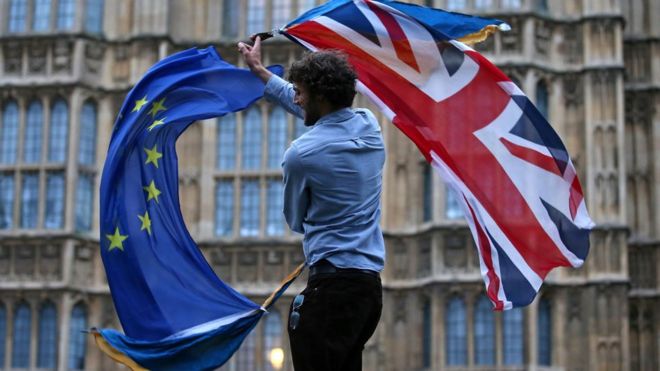 AFP
AFP
Feeling a little lost on Brexit? Never really got your head around it in the first place? Don't know what this Tuesday's vote is all about? Let us walk you through it.
What is Brexit?
Brexit is short for "British exit" - and is the word people use to talk about the United Kingdom's decision to leave the EU (European Union).
What is the EU?
The EU is a political and economic union of 28 countries which trade with each other and allow citizens to move easily between the countries to live and work (click here if you want to see the full list).
The UK joined the EU, then known as the EEC (European Economic Community), in 1973.
Why is the UK leaving?
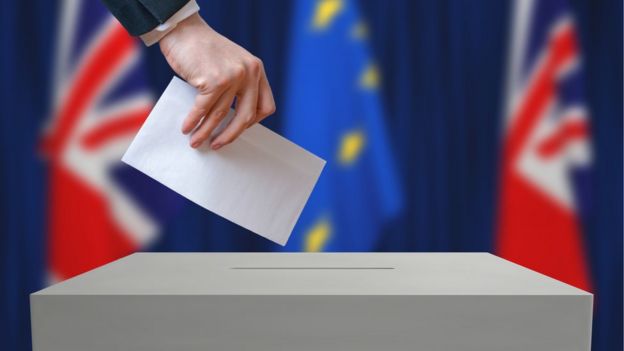 GETTY IMAGES
GETTY IMAGES
A public vote - called a referendum - was held on Thursday 23 June 2016 when voters were asked just one question - whether the UK should leave or remain in the European Union.
The Leave side won (by nearly 52% to 48%) but the exit didn't happen straight away. It's due to take place on 29 March 2019.
What has happened so far?
The 2016 vote was just the start. Since then, negotiations have been taking place between the UK and the other EU countries.
The discussions have been mainly over the "divorce" deal, which sets out exactly how the UK leaves - not what will happen afterwards.
This deal is known as the withdrawal agreement.
What has been agreed?
The withdrawal agreement covers some of these key points:
- How much money the UK will have to pay the EU in order to break the partnership - that's about £39bn
- What will happen to UK citizens living elsewhere in the EU, and equally, what will happen to EU citizens living in the UK
- How to avoid the return of a physical border between Northern Ireland and the Republic of Ireland when it becomes the frontier between the UK and the EU
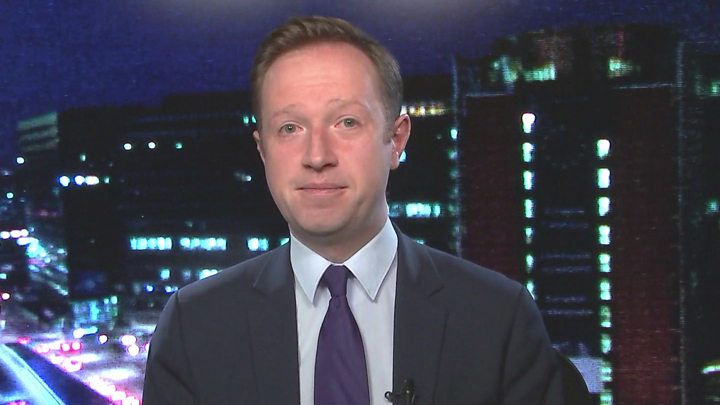
A length of time, called the transition period, has been agreed to allow the UK and EU to make a trade deal and to give businesses the time to adjust.
That means that if the withdrawal agreement gets the green light, there will be no huge changes between 29 March 2019 and 31 December 2020.
Another, much shorter, document has also been drawn up that gives an overview of what the UK and EU's future relationship will be in the longer term.
This is the political declaration. However, neither side has to stick exactly to what it says - it is a set of ambitions for the future talks.
What happens next?
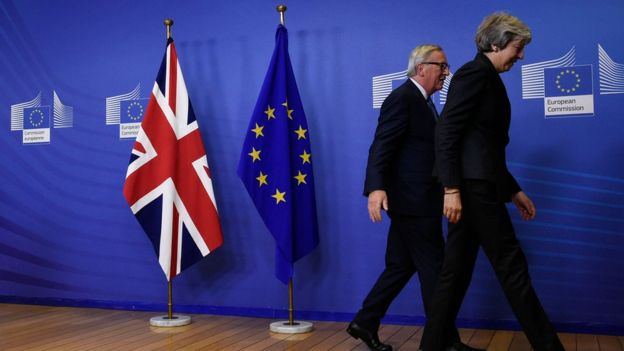 AFP
AFP
Now that leaders of the other 27 EU countries have signed off the withdrawal agreement and political declaration, UK Prime Minister Theresa May needs to persuade MPs in her own Parliament to back it.
A vote on the deal will take place on Tuesday 15 January.
Will the deal get through the UK Parliament?
Well, at the moment it looks like it won't.
Many of the prime minister's own Conservative MPs, as well as the opposition parties, have said they can't back the withdrawal agreement.
The vote on it was meant to take place on 11 December, but Mrs May postponed it, admitting the deal didn't have enough support to pass.
The prime minister said she would try and ask the EU for changes before bringing the deal back to Parliament.
However, the delay sparked more criticism, and Mrs May faced a vote by Conservative MPs over whether she should continue to lead her party. She won by 200 votes to 117.
What do critics of the deal say?
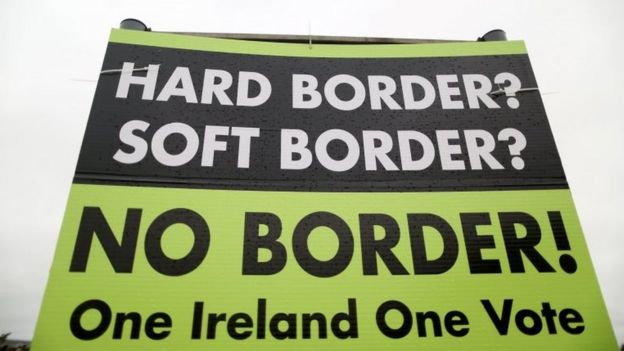 AFP
AFP
There are a broad range of complaints, many of which claim the deal fails to give back to the UK control of its own affairs from the EU.
One of the biggest sticking points has been over what happens at the Irish border.
Both the EU and UK want to avoid the return of guard posts and checks (here's why), so something called the backstop - a sort of safety net - was included in the deal.
However, that would mean that Northern Ireland - but not the rest of the UK - would still follow some EU rules on things such as food products.
The backstop is meant to be a last resort and the prime minister insists that if all goes as planned it will never be used.
But it has annoyed some MPs, who are angry that the UK would not be able to end it without the EU's permission and so EU rules could remain in place for good.
What happens if Parliament rejects the deal?
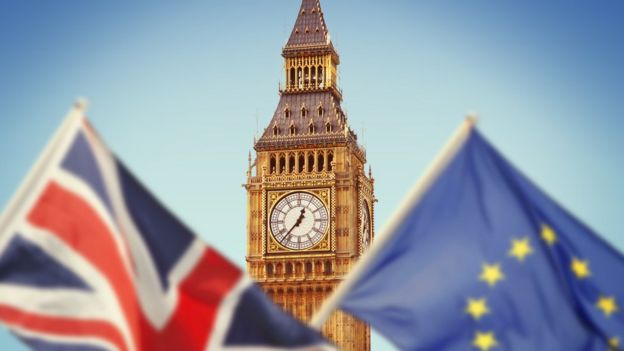 GETTY IMAGES
GETTY IMAGES
It's not very clear.
The default position would be for the UK to leave the EU without a deal, but the government will have up to three days to come up with alternative options to put to MPs.
Possibilities (explained here in more detail) include the prime minister being allowed to have a second go at getting her deal accepted by Parliament.
So will the UK definitely leave on 29 March 2019?
It is written into law that the UK will be leaving on that date at 11pm UK time.
But if there is no deal, or Parliament rejects the deal, it is impossible to say with any certainty what will happen next.
The deadline of 29 March could be extended - and the European Court of Justice has said the UK could even cancel Brexit altogether without the agreement of other nations.
What happens if the UK leaves without a deal?
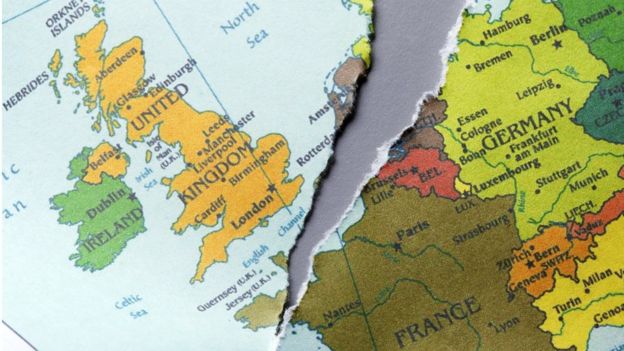 GETTY IMAGES
GETTY IMAGES
"No deal" means the UK would have failed to agree a withdrawal agreement.
That would mean there would be no transition period after 29 March 2019, and EU laws would stop applying to the UK immediately (more on that here).
The government has started planning for this potential situation.
It has published a series of guides - which cover everything from pet passports to the impact on electricity supplies.
UK
May: No Brexit more likely than no deal
- 14 January 2019
- UK Politics
Terror suspect denies attempted murder
- 14 January 2019
- UK
Mother dies and baby hurt in crash
- 14 January 2019
- London

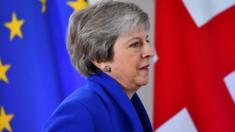
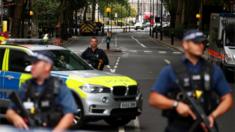

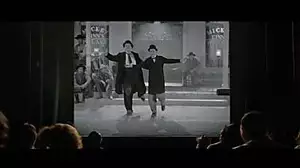
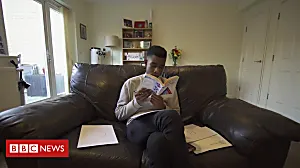



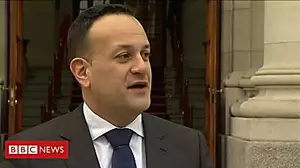

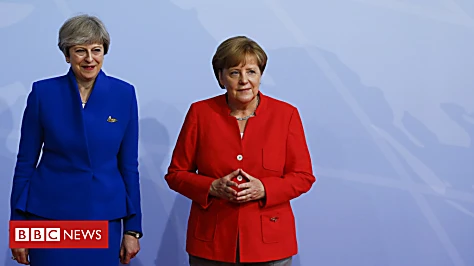
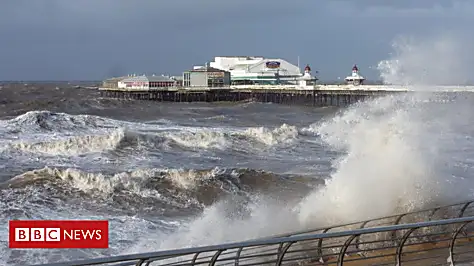
No comments:
Post a Comment